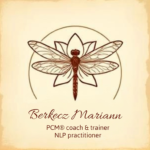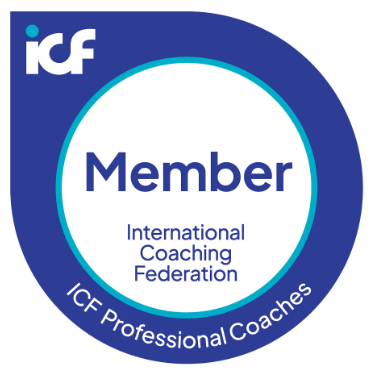A group is what happens between members…
– I read this in the book Group Dynamics in Practice –
and I would sort of continue this line of thought by saying:training is what brings about positive change in the group
I have been an employee for more than 25 years. I’ve worked in a few places, but I can’t say that the atmosphere has always been relaxed, friendly and family-like. In fact… it made me sick to my stomach when the alarm went off in the morning and I had to pull another day where I didn’t feel comfortable at all.
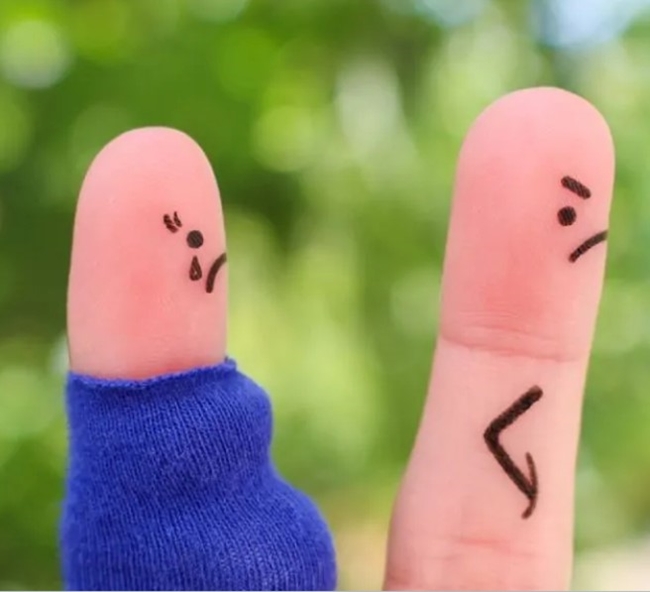
You’ve been there
- being an outsider in the community
- there are no common goals within the group
- competition eclipses cooperation
- your ideas end up in the wastepaper basket
- you can’t get your ideas accepted
- lack of feedback
- roles/status are not clear
- inadequate relationship level and emotional climate
- you talk past each other, misunderstand, react differently
- you can’t say no
- you dare not say yes
- you are afraid to argue because you are afraid of the consequences
In my case these were typically present and resulted in quite a lot of conflict. It really hit me hard when I was still a newcomer, full of ideas and enthusiasm… but my more experienced colleagues just smiled, nodded, shook their heads… and I had to continue on the conservative path. The experience was no better when I started to climb that particular ladder: no longer belonging to one “degree”, not yet to another, where I was, there was rivalry. The team was divided, cliques formed. Or when I changed jobs, where I was the “new” one: I even had to prove to the maintenance man that I was suitable for the position and I took on all the extra tasks to be accepted, which of course put a stamp on my relationship with my family, friends and my partner.
I could go on and on about my negative experiences, but I won’t. I could not find a solution to these situations at the time, so I swallowed the bitter pills and, wounded, sulking, with limits, but for years I held on and did my job.
Well, enough complaining! Now I know how to change all that!
The focus of my training is conflict management,
developing collaboration and assertive communication
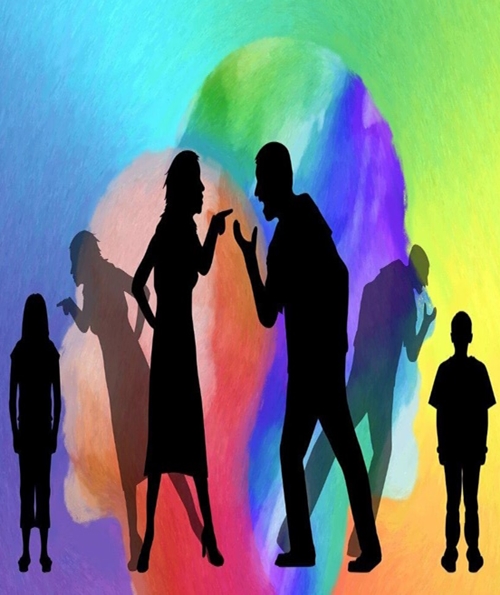
It is my firm belief that mastering and consciously applying these will make a significant difference to a dysfunctional team. Some themes in this light:
- Assertiveness: clear, unambiguous communication about our thoughts, feelings, intentions, needs, which we can use to assert our ideas and achieve our goals
- Self-awareness: knowing, defining and disclosing our boundaries, self-esteem, self-assertion
- Reducing generational tensions, resolving communication differences
- Time management, increasing efficiency: being able to prioritise and recognise time-consuming habits
- Decision-making, taking responsibility
- Goal orientation, motivation
- Giving and receiving feedback
- Strategic thinking, creative problem solving
The trainings will help to increase empathy, tolerance, trust and a sense of belonging,
making the team more stable and productive.
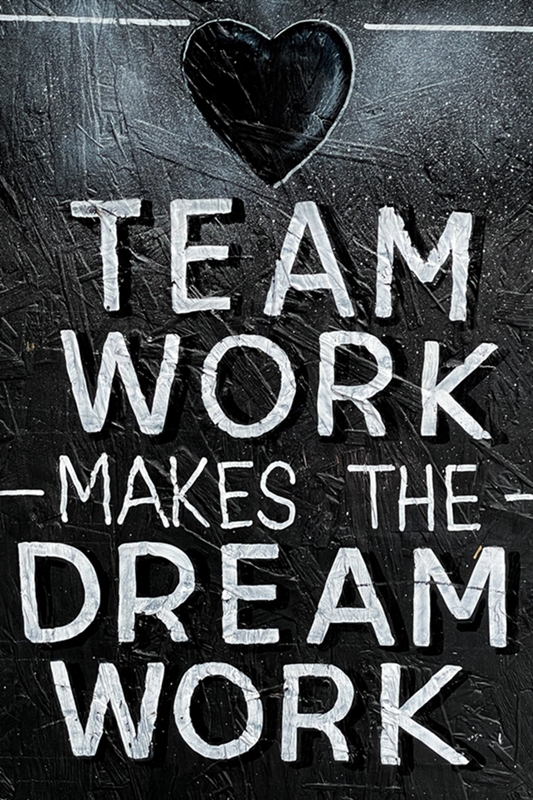
How is a training structured?
1.Gathering information, contract before the training
- Needs mapping
- Specific target setting
- A few minutes of discussion with participants individually and/or completion of an online questionnaire
- Determine number of participants, duration, location and cost
2. Discuss who has what responsibilities and who will make the training successful.
3. 30% theory – call it thinking together + 70% practice – call it playing
“Answers are closed rooms; questions are open doors that invite you in”
[Nancy Willard]
